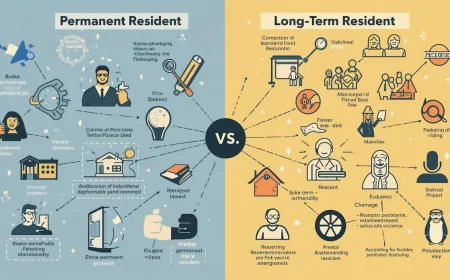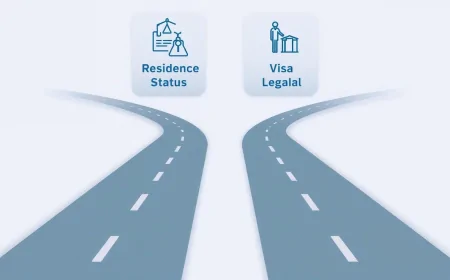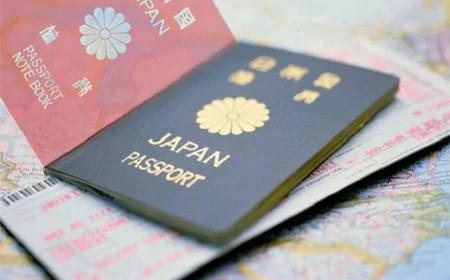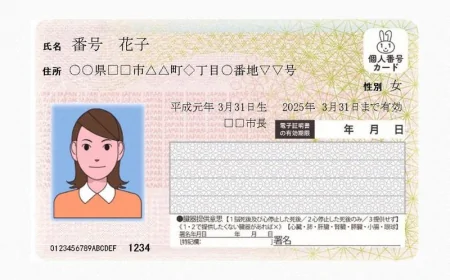Studying Japanese
Whether you're drawn to Japan's vibrant pop culture, its rich history, or the professional opportunities it offers, mastering Japanese will open new doors and broaden your horizons. Embrace the challenge, and enjoy the incredible journey of learning Japanese.

Studying Japanese is an exciting and rewarding endeavor that opens doors to understanding a rich culture, enhancing career prospects, and enjoying immersive travel experiences. As a language with a unique writing system, complex grammar, and deep cultural connections, Japanese offers both challenges and incredible rewards for dedicated learners. This guide explores the key aspects of studying Japanese, providing insights and tips for a successful learning journey.
Why Study Japanese?
- Cultural Insight: Learning Japanese allows you to delve into Japan's fascinating history, traditions, and contemporary culture. From anime and manga to traditional arts like tea ceremonies and calligraphy, the language is a key to experiencing Japan's rich cultural tapestry.
- Career Advancement: Proficiency in Japanese can significantly enhance career opportunities in fields such as international business, translation, tourism, and technology. Japan is a global economic powerhouse, and knowing the language can give you a competitive edge.
- Travel Benefits: Understanding Japanese makes traveling in Japan more enjoyable and enriching. You'll be able to navigate more easily, connect with locals, and experience the country more authentically.
Grammar and Sentence Structure
Japanese grammar differs significantly from English, which can be challenging but also intriguing. It follows a Subject-Object-Verb (SOV) order, meaning the verb comes at the end of the sentence. Politeness levels are integral to Japanese, with different forms and expressions used depending on the social context and relationships between speakers.
Effective Learning Strategies
- Consistent Practice: Daily practice is essential for mastering Japanese. Use apps, flashcards, and language exchange partners to keep your skills sharp.
- Immersion: Surround yourself with Japanese through media such as films, music, and books. Engaging with native content helps you understand context and usage.
- Structured Study: Enroll in a formal course or use structured textbooks to build a strong foundation. Courses often provide a systematic approach to learning grammar, vocabulary, and kanji.
- Speaking Practice: Conversing with native speakers is crucial. Language exchange programs and speaking with Japanese friends can greatly improve your fluency and confidence.
Resources for Learning Japanese
- Textbooks: Popular choices include "Genki" and "Minna no Nihongo" series, which offer comprehensive lessons and exercises.
- Online Platforms: Websites like Duolingo, Rosetta Stone, and WaniKani provide interactive learning experiences.
- Language Schools: Consider enrolling in language schools in Japan or local institutions offering Japanese courses.
- Cultural Immersion: Participate in Japanese cultural events, join clubs, or visit Japan for immersive learning experiences.
Studying Japanese can be daunting due to its writing systems and grammar. However, perseverance and a positive attitude are key. Break down your learning into manageable steps, celebrate small victories, and stay motivated by reminding yourself of the benefits and goals of learning the language.
記事に関連する商品






































































































